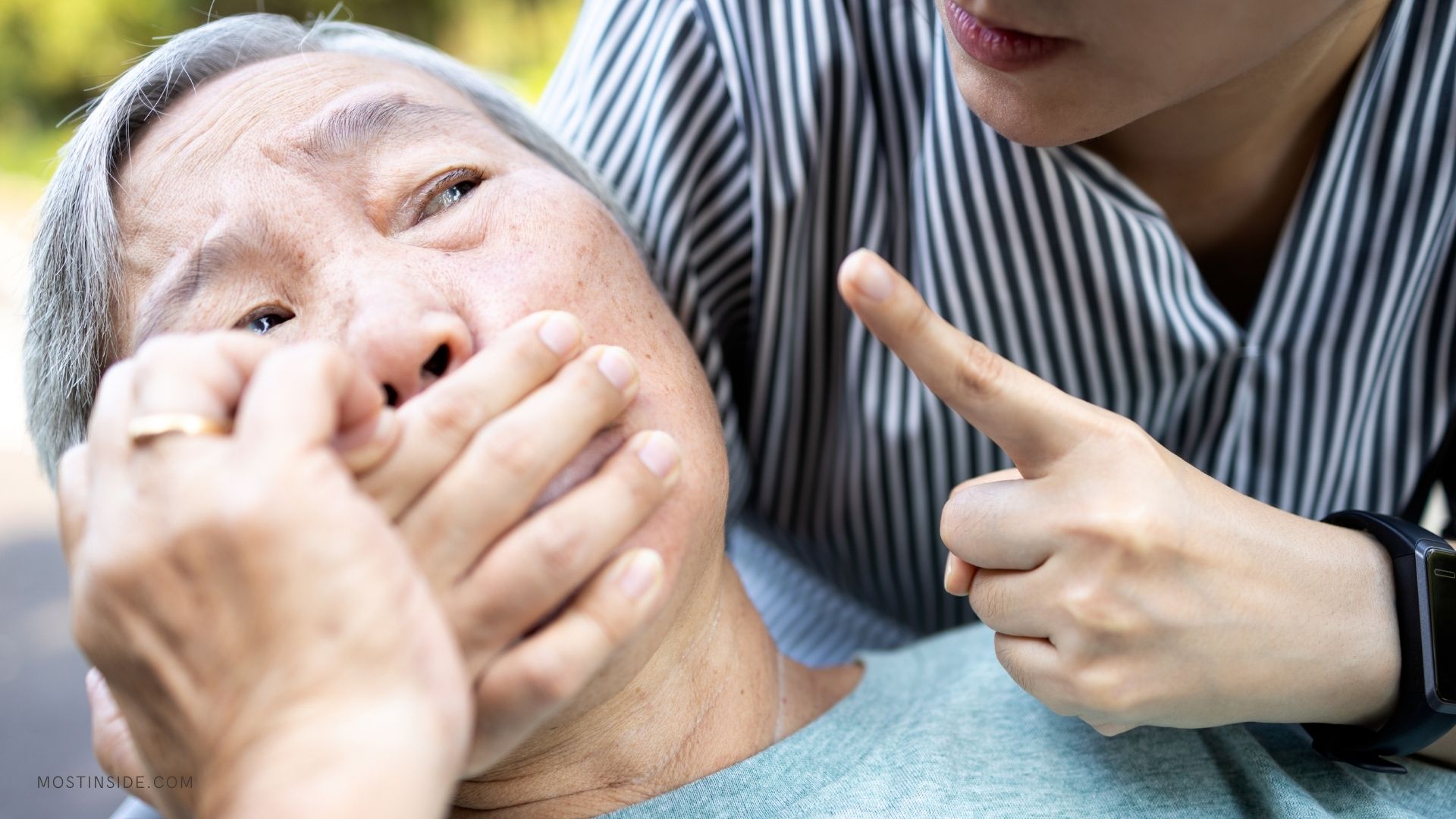How To Protect Your Elderly Loved One Against Nursing Home Abuse

As our loved ones age, they may develop certain health conditions that go beyond family members’ ability to provide adequate care. These needs are best met through a dedicated care facility, like a nursing home. However, this is more of an exception rather than a norm, as elderly residents often suffer from physical, psychological, financial, verbal, and even sexual abuse at the hands of their caregivers.
The National Association of Nursing Home Attorneys (NANHA) estimates that 5 million seniors are abused each year, with 1 in 10 Americans over the age of 60 experiencing abuse. Those who suffer from cognitive and physical difficulties are the most vulnerable.
If your loved one is in a senior home and with disabilities, you should take necessary action to keep them safe and report nursing home abuse to the proper authorities.
Contents
ToggleProtect Your Loved One From Nursing Home Abuse
There are several ways family members can reduce the possibility of elder abuse in nursing homes. These precautions should be enforced before they arrive at the facility and persist throughout their residence in the nursing home.
-
Do A Background Check On The Nursing Home
Sending an elderly loved one to a nursing home is a crucial decision. It requires you to entrust their life and well-being to other people who may be unfamiliar with your loved one’s condition or personality.
When choosing a suitable nursing home, you would need to research the services they offer and even ask for a recommendation from your loved one’s doctor or specialist to ensure that they’re in good standing. You can also check living arrangements and available equipment. Aside from this, you can also ask what type of training they give to their caregivers or their qualifications.
Knowing these can guarantee that the nursing home and its staff can meet the needs of your loved one.
-
Secure Loved One Through Living Will and Other Documents
Living wills, special power of attorney, health insurance, and other documents can also protect your loved ones from potential abuse. These directives can inform caregivers how to manage critical situations and ensure that only authorized individuals can make decisions regarding their health or their finances.
-
Maintain Contact With Elderly Loved One
Once your elderly loved one is already in the nursing home, you should continue to communicate with them through phone, email, or video call. This won’t only ease their transition but it’ll also make them feel that they’re still loved and valued.
Make sure to call them every day and drop by with other family members for scheduled visits. You can even come to the nursing home for a surprise inspection to check if the nursing home staff are consistent with their care practice.
-
Coordinate With Caregivers
Nursing homes usually assign one or more staff to watch over your elderly loved one. Besides learning their names and a bit of their personal or professional background, you should also establish a close relationship with them.
Ask them about how they deliver care and what services are covered by senior health insurance. In addition, you can also request regular updates about your loved one’s condition.
-
Use Technology For Monitoring
Aside from constant updates from their caregivers, you can also use technology to monitor your elderly loved one’s condition. You can obtain your loved one and the caregiver’s consent to install a surveillance camera. In addition, you can also add a medical alert system to track slips and falls, monitor vital signs, or notify you in case of emergencies.
-
Educate Loved Ones Regarding Scams
If your loved ones use emails or social media to connect with family and friends, you should also make it a point to secure their online activity. Educate them about impersonator or phishing scams so they don’t fall prey to people or companies who ask them for money. Warn them not to give out personal information or credit card details and to verify callers or persons before they perform any online transactions.
It would also help to explain how you handle their finances or name several persons on the financial powers of attorneys to ensure that their wealth is properly managed.
-
Encourage Physical Activity And Socialization
Family members must also encourage elderly loved ones to take control of their health and well-being. You can ask caregivers to accompany them to community events or to engage in hobbies that can keep them active and alert.
Support groups can also help them form special bonds with fellow seniors. They won’t only engage in activities together but it can also serve as a safe venue for them to air out their concerns and ease tensions in their lives.
-
Recognize Warning Signs Of Abuse
Besides the precautions mentioned above, you should also learn to identify potential signs of abuse. This includes telltale signs of neglect, such as poor living conditions, unexplained injuries, sudden changes in behavior, or withdrawal from personal and social relationships.
Try to ask your elderly loved one about these changes. In case they respond in a hostile or dismissive tone, chances are something’s wrong. You need to immediately report it to the nursing home director and ask them to conduct an investigation.
In case you’re not satisfied with the outcome and your elderly loved one’s health or well-being worsens because of neglect or suspected abuse, you can remove from the facility and seek help from the nursing home ombudsman and other authorities.

Conclusion
Nursing home abuse is a sad reality for many seniors. Learning how you can protect them from such ensures their health and well-being until the end of their days. These tips also ensure family members have peace of mind knowing that their loved ones are safe and receive adequate care as expected from nursing homes.
Recommended For You
Understanding Your Legal Rights as a Premises Liability Victim
Most Inside
Most Inside offers high-quality recommendations and valuable updates to enhance all aspects of your life, providing premium guidance and enriching experiences.




